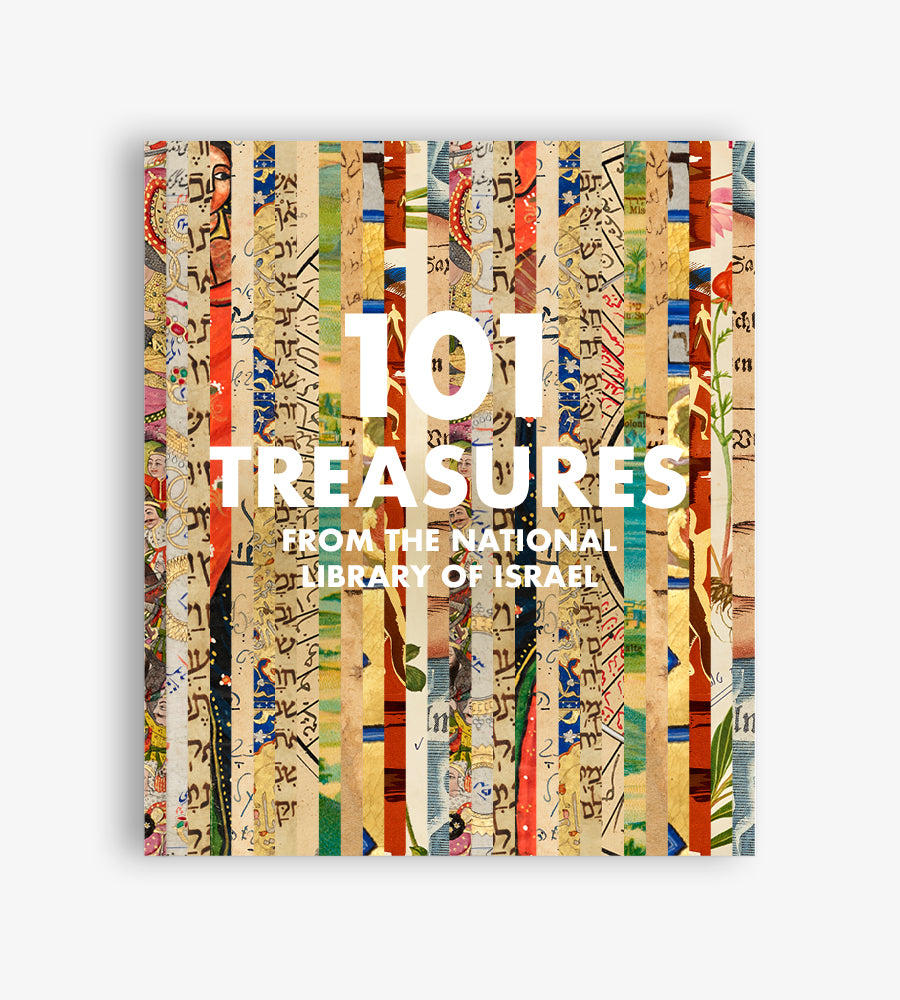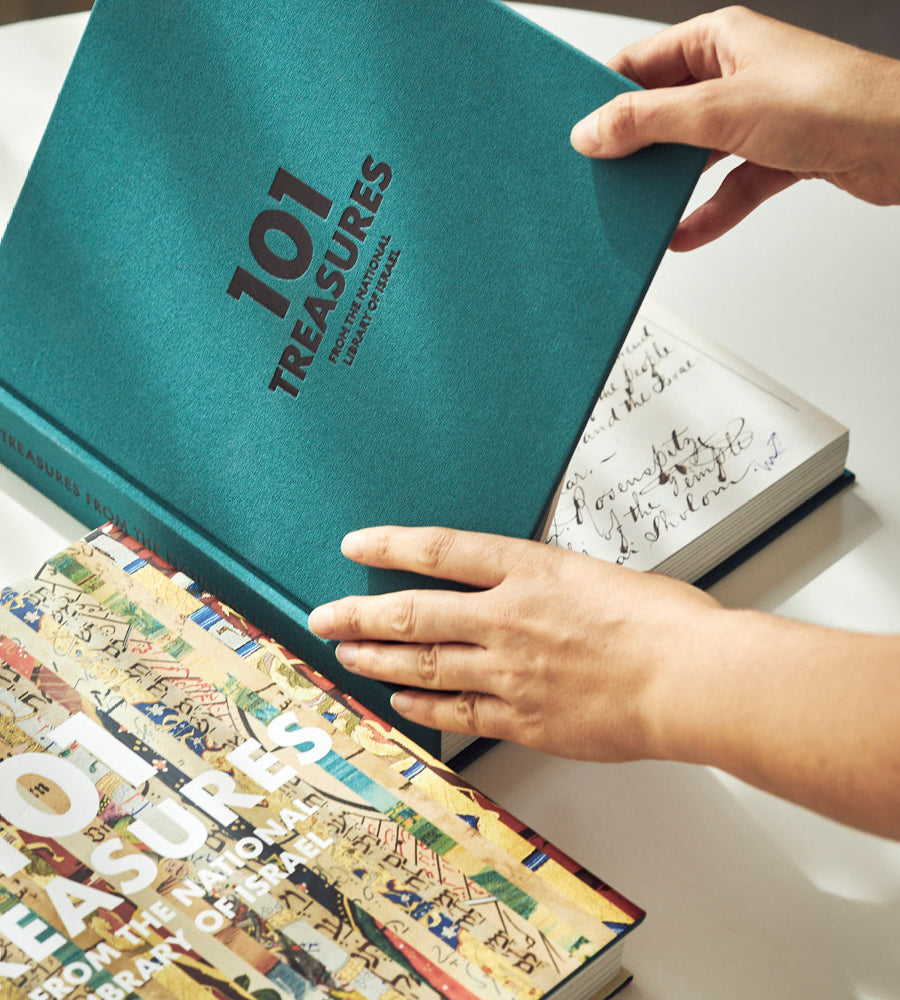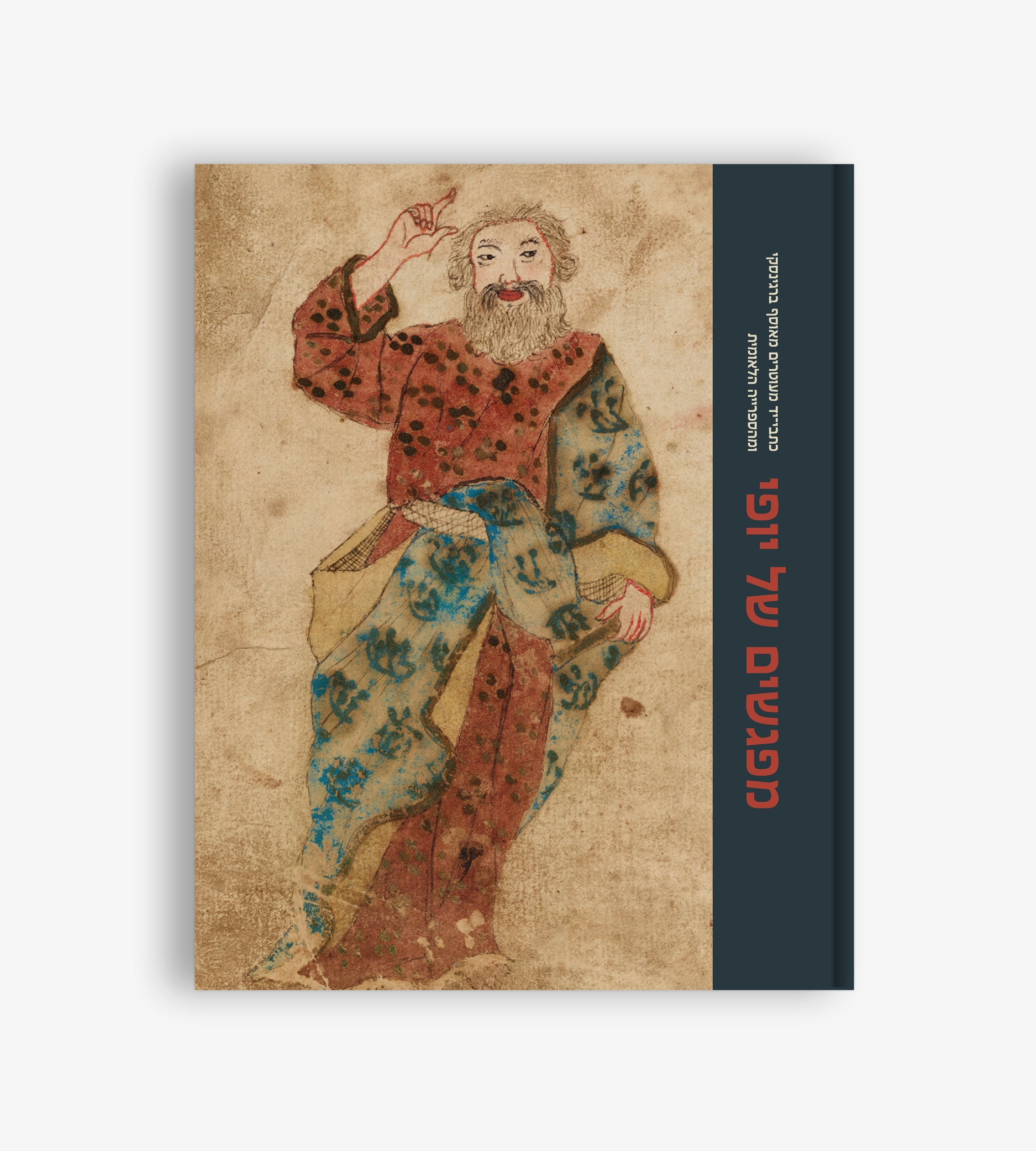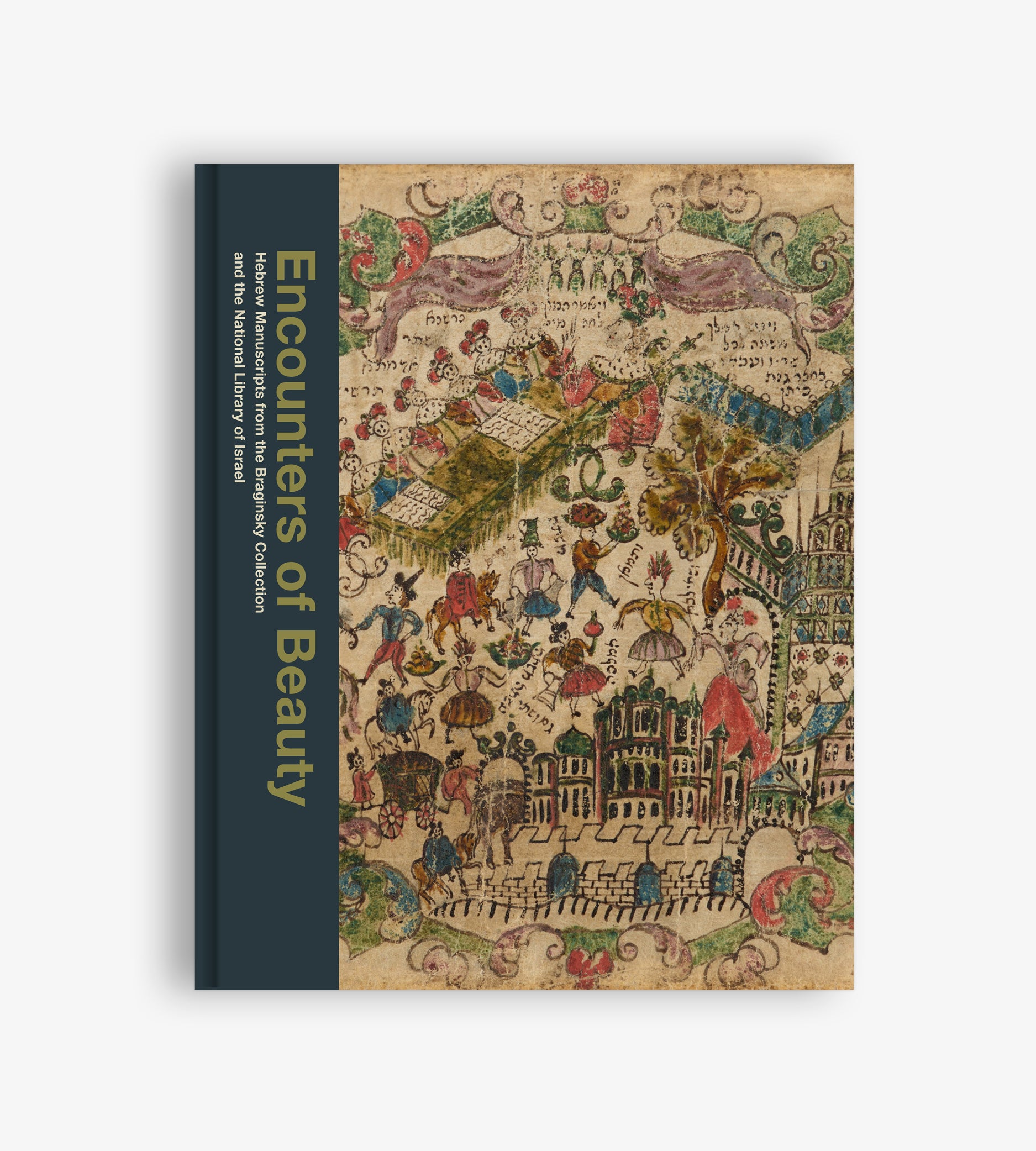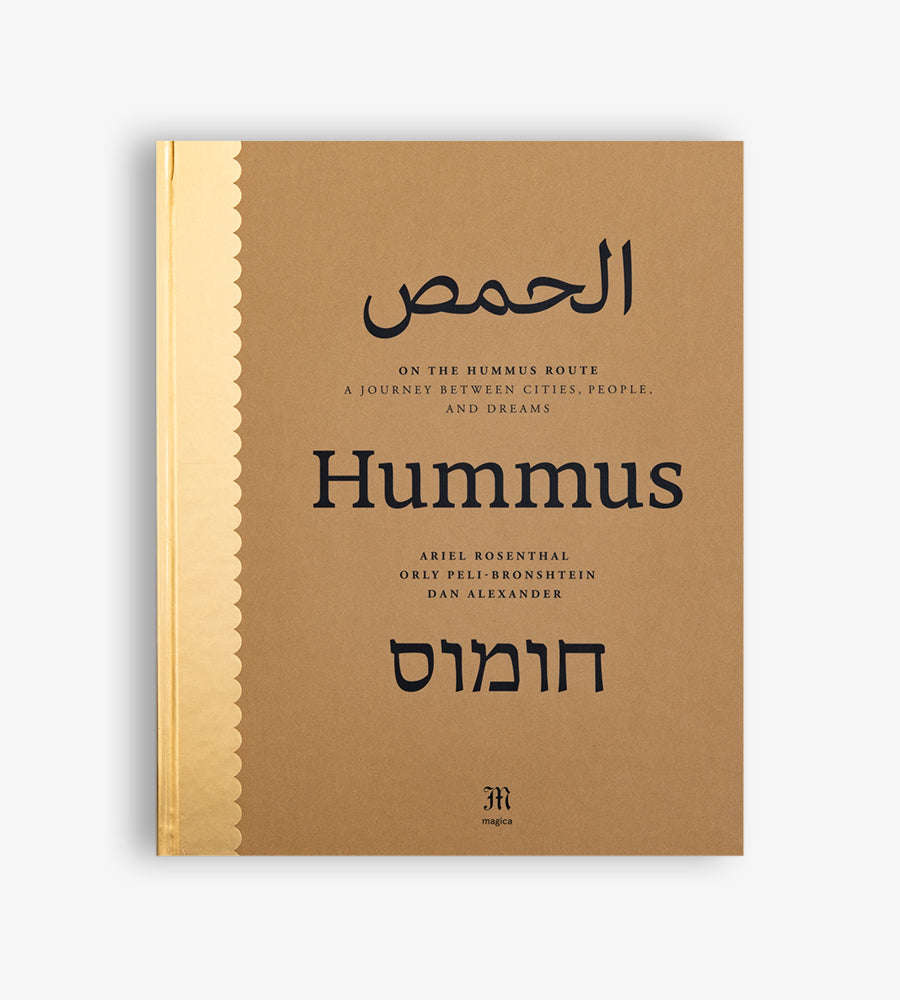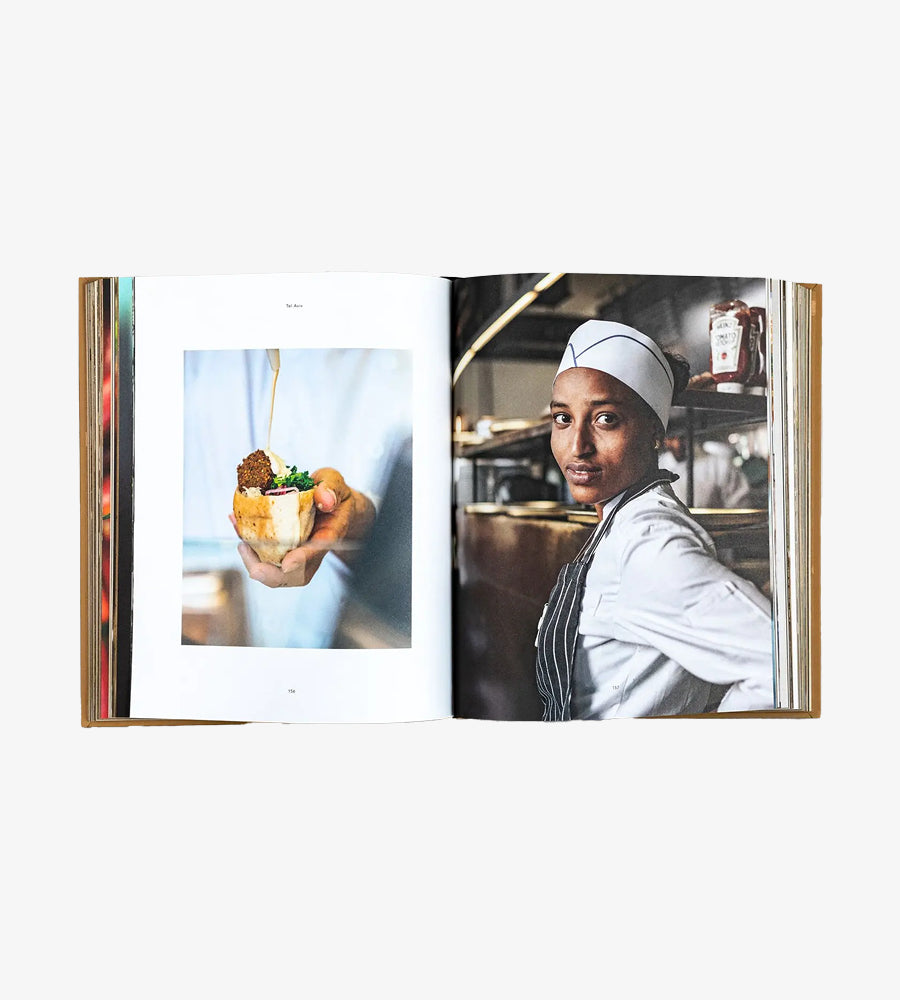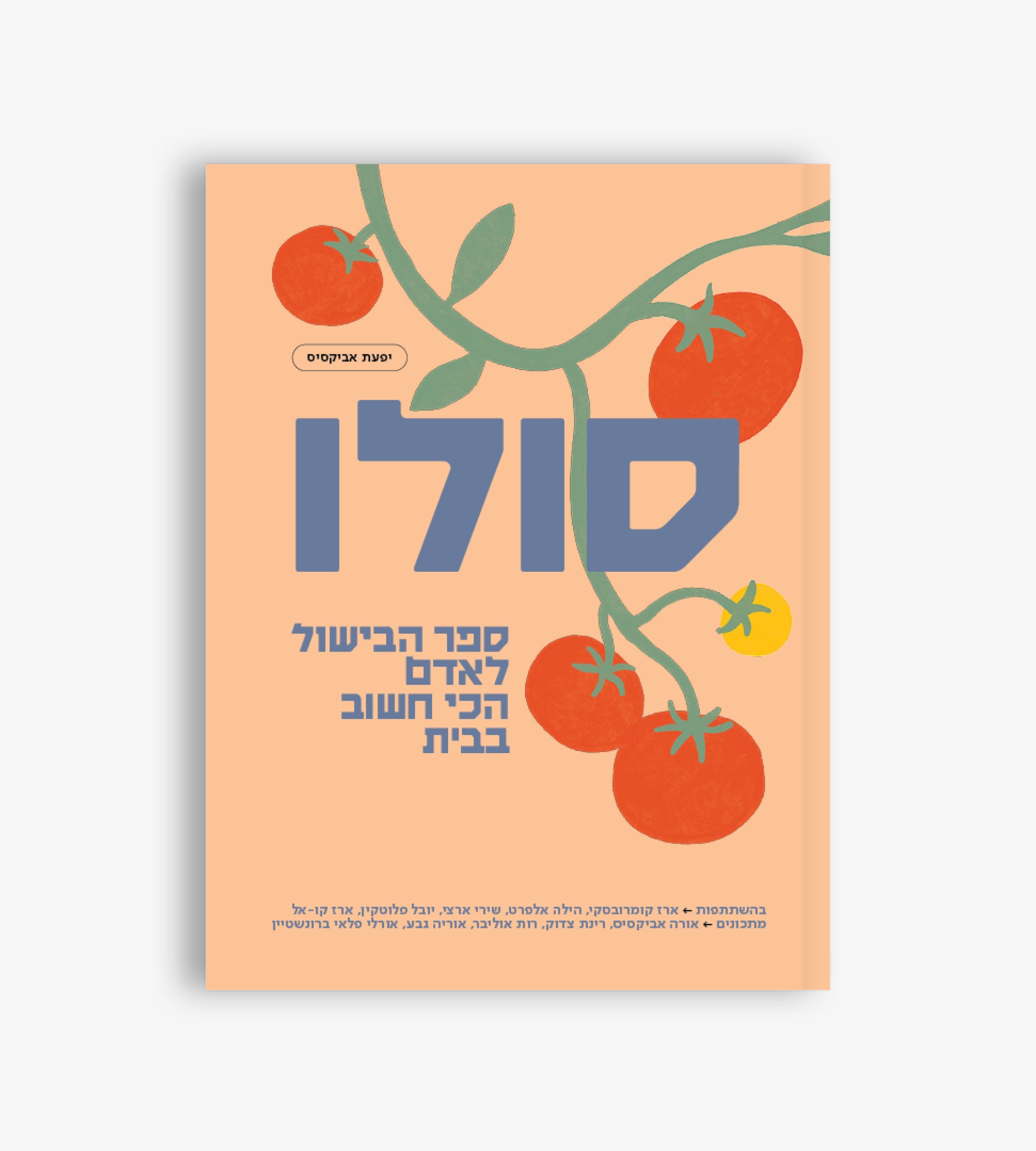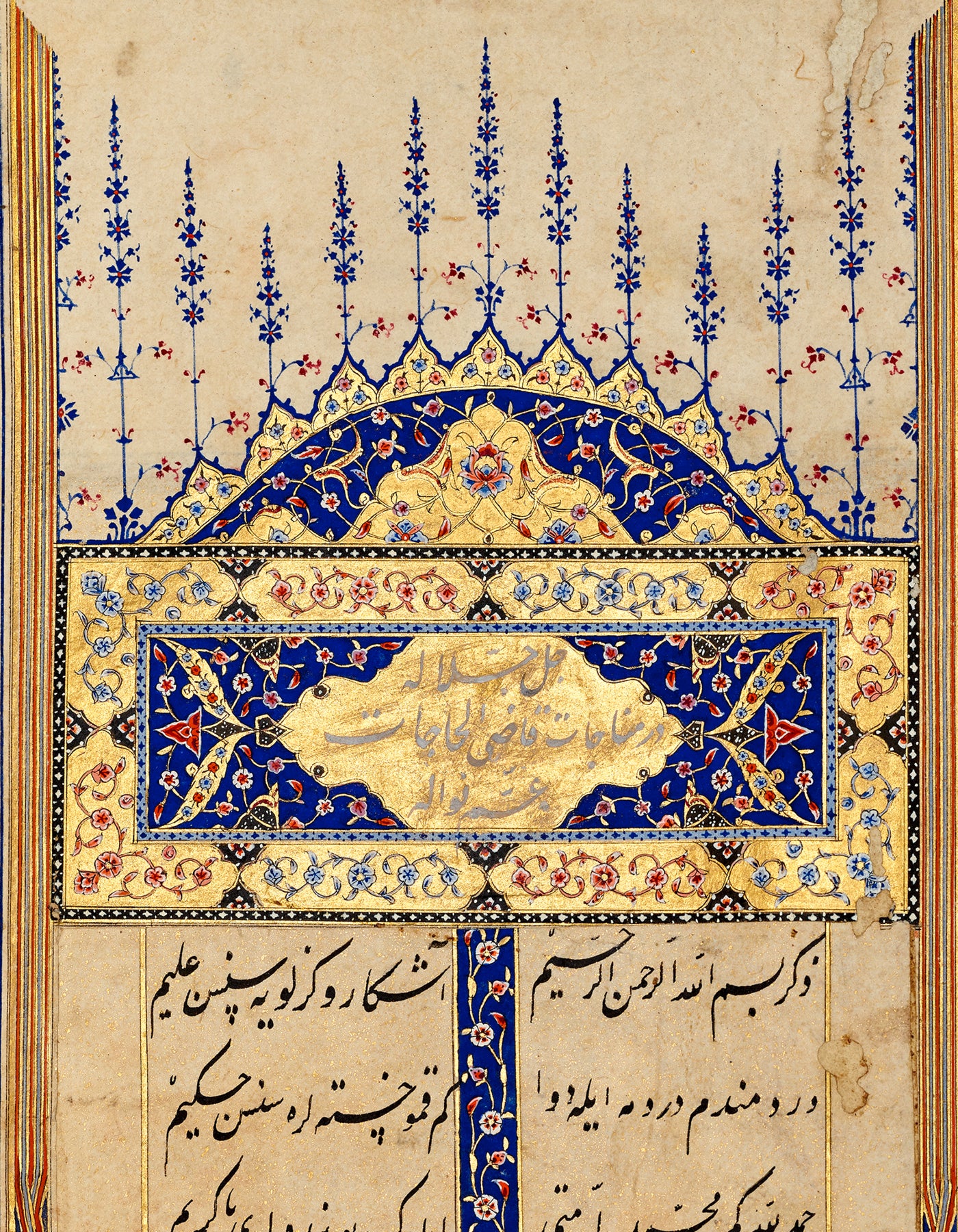
The Lover
Samuel Thrope

Here in a theme explored by poets from Sappho to Shakespeare, a tearful lover complains of his beloved’s indifference. Yet the writer of these lines was not a penniless bard, but rather the sixteenth century’s most illustrious ruler, Ottoman Sultan Suleiman the Magnificent (1494–1566).
Suleiman, the longest-reigning member of the Ottoman dynasty, conquered vast territories in Europe, reformed the imperial legal system, and sponsored numerous building projects, including the restoration of the Dome of the Rock and the walls of Jerusalem’s Old City. He was, however, no less renowned as a poet. Writing under the pen name Muhibbi (the Lover), Suleiman composed a collection of verse (diwan) that develops the earlier Persian poetic tradition. For example, the poem quoted here plays on an earlier lover’s lament by the famous Persian mystical poet Hafez.
Suleiman was not the only Ottoman ruler to compose poetry; his predecessors, his son, and others also left behind their own monuments in verse. Moreover, Ottoman sultans not only wrote verse but also served as patrons; in a sense, poetry was the currency of the court. This is evident in this beautiful copy of Muhibbi’s diwan. Produced during Suleiman’s lifetime, probably around 1553, the embellishments and illuminations reflect the skill of the craftsmen associated with the court. It is one of just five extant copies, the only one found outside of Turkey; it also includes otherwise unknown poems, such as an elegy composed on the death of Suleiman’s son and heir apparent, Mehmed, in 1543.


